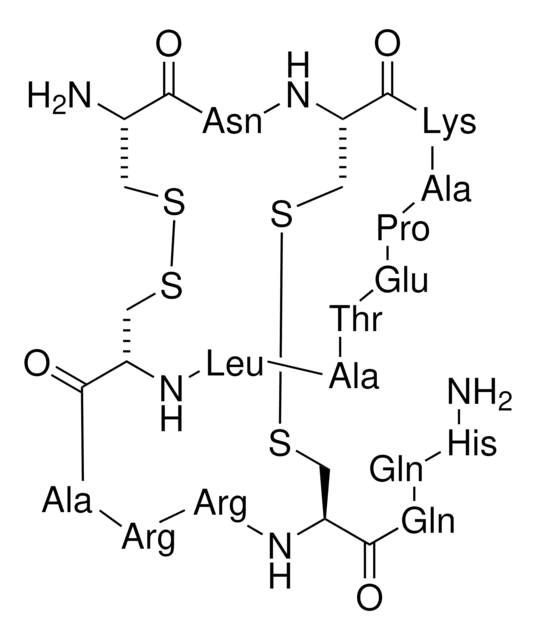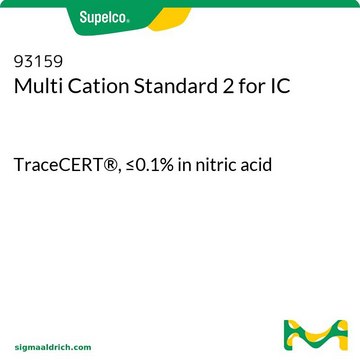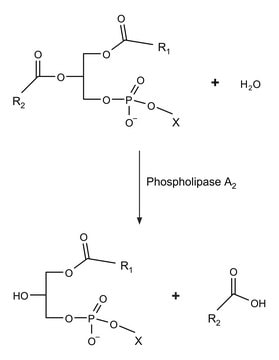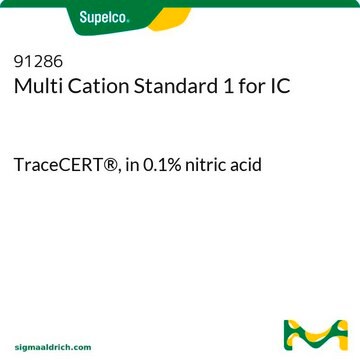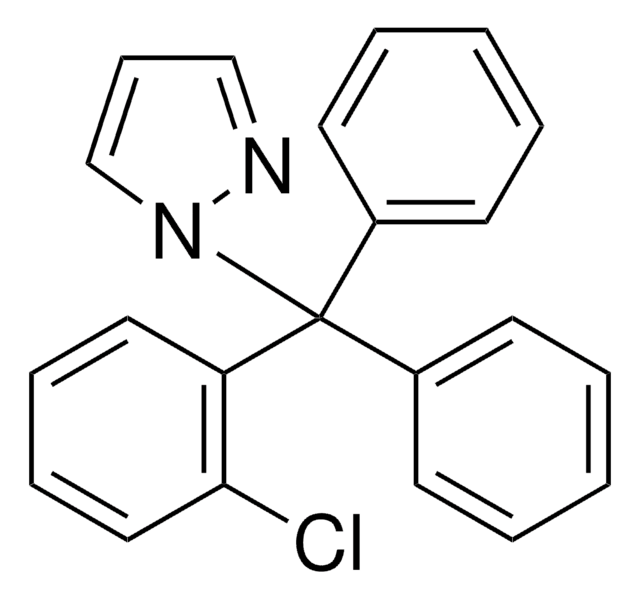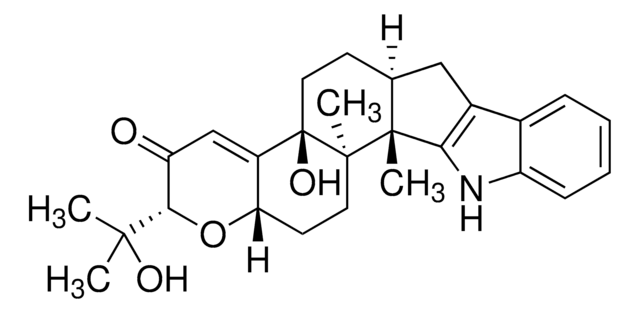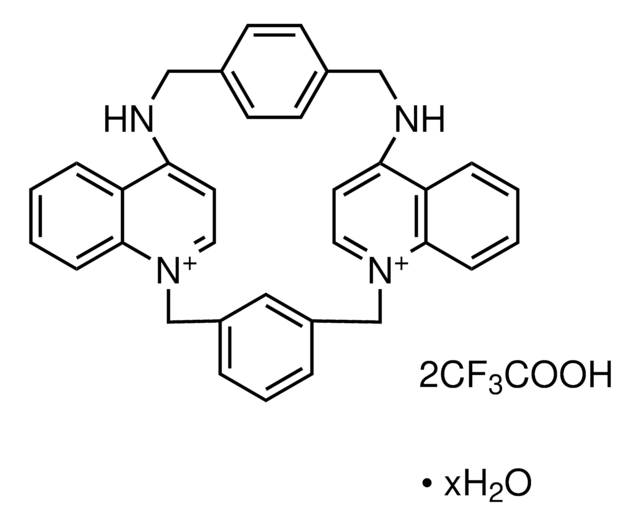A1289
Apamin
from bee venom, ≥95% (HPLC)
About This Item
Productos recomendados
origen biológico
bee venom
Nivel de calidad
Ensayo
≥95% (HPLC)
Formulario
powder
mol peso
2027.34 g/mol
técnicas
inhibition assay: suitable
nota de secuencia
Cys-Asn-Cys-Lys-Ala-Pro-Glu-Thr-Ala-Leu-Cys-Ala-Arg-Arg-Cys-Gln-Gln-His-NH2 [Disulfide Bridges: 1-11, 3-15]
Nº de acceso UniProt
temp. de almacenamiento
−20°C
cadena SMILES
CC(C)C[C@@H]1NC(=O)[C@H](C)NC(=O)[C@@H](NC(=O)[C@H](CCC(O)=O)NC(=O)[C@@H]2CCC[N@H]2C(=O)[C@H](C)NC(=O)[C@H](CCCCN)NC(=O)[C@@H]3CSSC[C@H](NC(=O)[C@H](CCCNC(N)=N)NC(=O)[C@H](CCCNC(N)=N)NC(=O)[C@H](C)NC(=O)[C@H](CSSC[C@H](N)C(=O)N[C@@H](CC(N)=O)C(=O)N3)NC1=O)C(=O)N[C@@H](CCC(N)=O)C(=O)N[C@@H](CCC(N)=O)C(=O)N[C@@H](Cc4cnc[nH]4)C(N)=O)[C@@H](C)O
InChI
1S/C79H131N31O24S4/c1-35(2)26-49-70(127)107-51-31-136-135-30-41(81)63(120)105-50(28-57(84)114)71(128)108-53(73(130)99-42(12-7-8-22-80)64(121)96-38(5)77(134)110-25-11-15-54(110)75(132)102-47(18-21-58(115)116)69(126)109-59(39(6)111)76(133)95-37(4)62(119)104-49)33-138-137-32-52(106-66(123)44(14-10-24-92-79(88)89)98-65(122)43(13-9-23-91-78(86)87)97-61(118)36(3)94-72(51)129)74(131)101-45(16-19-55(82)112)67(124)100-46(17-20-56(83)113)68(125)103-48(60(85)117)27-40-29-90-34-93-40/h29,34-39,41-54,59,111H,7-28,30-33,80-81H2,1-6H3,(H2,82,112)(H2,83,113)(H2,84,114)(H2,85,117)(H,90,93)(H,94,129)(H,95,133)(H,96,121)(H,97,118)(H,98,122)(H,99,130)(H,100,124)(H,101,131)(H,102,132)(H,103,125)(H,104,119)(H,105,120)(H,106,123)(H,107,127)(H,108,128)(H,109,126)(H,115,116)(H4,86,87,91)(H4,88,89,92)/t36-,37-,38-,39+,41-,42-,43-,44-,45-,46-,47-,48-,49-,50-,51-,52-,53-,54-,59-/m0/s1
Clave InChI
YVIIHEKJCKCXOB-STYWVVQQSA-N
Información sobre el gen
rat ... Kcnn1(54261)
¿Está buscando productos similares? Visita Guía de comparación de productos
Amino Acid Sequence
Descripción general
Apamin is a bee venom component and is strongly basic in nature. It has 18 amino acid residues and two disulphide bonds.
Aplicación
- As a selective inhibitor of small conductance (SKCa) channels in HEK cells.
- To inhibit endothelium-derived relaxing factor (EDHF) mediated responses.
- To block small-conductance Ca2+-activated K+current (/SK) in electrophysiological studies in hyperstriatum ventrale, pars caudalis (HVc) neurons.
- as a standard for determination of content and compositions of bee venom by high-performance liquid chromatography (HPLC).
Acciones bioquímicas o fisiológicas
Código de clase de almacenamiento
11 - Combustible Solids
Clase de riesgo para el agua (WGK)
WGK 3
Punto de inflamabilidad (°F)
Not applicable
Punto de inflamabilidad (°C)
Not applicable
Elija entre una de las versiones más recientes:
¿Ya tiene este producto?
Encuentre la documentación para los productos que ha comprado recientemente en la Biblioteca de documentos.
Los clientes también vieron
Nuestro equipo de científicos tiene experiencia en todas las áreas de investigación: Ciencias de la vida, Ciencia de los materiales, Síntesis química, Cromatografía, Analítica y muchas otras.
Póngase en contacto con el Servicio técnico